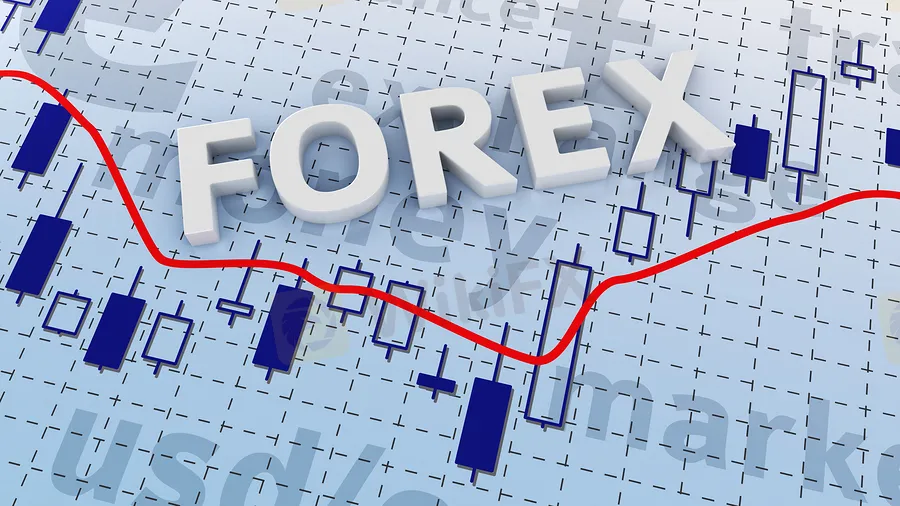简体中文
繁體中文
English
Pусский
日本語
ภาษาไทย
Tiếng Việt
Bahasa Indonesia
Español
हिन्दी
Filippiiniläinen
Français
Deutsch
Português
Türkçe
한국어
العربية
Europe's Second Virus Wave Triggers Sharp Forex and Equities Sell-off
Abstract:Currencies and equities sold off sharply on 21 Sept. as virus cases in Europe hit new record highs.
Currencies and equities sold off sharply on 21 Sept. as virus cases in Europe hit new record highs. Everyone‘s greatest fear this summer was a second wave and, unfortunately, that fear has materialized. Spain reported 14,389 new cases on 18 Sept., while France reported nearly 13,498 on 19 Sept.. These numbers, which are far beyond the peaks set back in March, triggered a series of tighter social restrictions in Europe’s second and third largest economies.
Even Germany, which has not seen a significant uptick in virus cases tightened mask and contact regulations in a bid to prevent a broader spread in Munich. In the UK, cases are below their spring peak but double every day, which brings a warn by the countrys chief scientific adviser that there could be 50,000 new daily cases by mid-October if further action is not taken.
Fifty thousand cases a day is not just a risk for the UK, but all European countries are experiencing spikes. The problem is that while the cases are higher than that in spring, more localized measures are taken by the Spanish, French and UK governments, which raises concern about their effectiveness.
Given the severity of the coronavirus pandemic spread in Europe, more restrictions are on their way for these countries. Considering the economic toll caused by the lockdowns in April and May, the second wave poses a significant risk for the euro and sterling. Both currencies fell sharply on 21 Sept. and we think more losses are to follow with EUR/USD targeting 1.15 and GBP/USD 1.25. Even European Central Bank President Christine Lagarde seems to be concerned as she talked about an uncertain and uneven recovery along with the availability of options if more stimulus is needed.
Her most notable comment was on the euro - she previously urged investors not to overreact to its rise, but today she said they are “attentive to the euro‘s appreciation,” which is a greenlight for euro’s decline. For euro and sterling, aside from virus headlines, the main focus is the PMIs. If this months reports show deterioration, we will see further losses in these currencies.
The U.S. dollar traded higher despite U.S. troubles. The election is nearing, and with the death of Justice Ruth Bader Ginsburg, politicians are gearing up for some tough battles in Washington. There‘s a lot at stake, and the political fall-out will be significant. Election uncertainty is a serious risk for equities and currencies. Even in 2016, when the polls showed Hillary Clinton in the lead, stocks trended lower in the weeks leading up to the election. At the same time, we saw a sell-off in EUR/USD and choppy trading in USD/JPY. The history of volatility will repeat itself in 2020 but in a more magnified way given the strong opinions around Trump’s push for to replace her seat quickly. With no major U.S. economic reports scheduled for release this week, U.S. dollar traders should pay attention to three things – headlines out of Washington, Fed Chairman Jerome Powells testimonies and equities as investors are likely to take their cue from risk appetite.
The commodity currencies was also sold off, with the New Zealand dollar declining. While Europe is desperate to prevent the second wave from worsening, New Zealand ended all pandemic restrictions in all parts of the country except for Auckland, the largest city. Yet, instead of rising, the currency is falling because of risk aversion and concerns about the Reserve Bank meeting this week.
When the RBNZ last met, it was open to the idea of negative rates, and traders worry that while the country has pushed out COVID-19 a second time, uncertainty abroad leaves that option on the table. For Australia, the biggest problem is the worsening relation with China. Apparently Australia is turning away investments from Chinese companies after China lost access to Australias space-tracking station. The Canadian dollar also declined, with USD/CAD rising to its strongest level in more than a month.

Disclaimer:
The views in this article only represent the author's personal views, and do not constitute investment advice on this platform. This platform does not guarantee the accuracy, completeness and timeliness of the information in the article, and will not be liable for any loss caused by the use of or reliance on the information in the article.
Read more

Market Insights | January 15, 2024
U.S. stocks closed mixed. Dow Jones Industrial Average fell 118 points (-0.31%) to 37,592, S&P 500 gained 3 points (+0.08%) to 4,783, and Nasdaq 100 edged up 12 points (+0.07%) to 16,832.

Introducing Nutchaporn Chaowchuen (Tarn) - AUS Global's New Country Manager for Thailand
AUS Global appoints Ms. Nutchaporn Chaowchuen (Tarn) as Country Manager for Thailand. With expertise in trading and exceptional marketing skills, she is set to drive growth in the Thai market. Her victory in the Axi Psyquation 2019 competition underscores her trading prowess. Excited to lead, she vows to nurture partnerships and deliver top-notch services.

GEMFOREX - weekly analysis
Top 5 things to watch in markets in the week ahead

HFM Introduces New Virtual Analyst
The award-winning broker brings markets closer to its clients with the use of artificial intelligence (AI)
WikiFX Broker
Latest News
Germany's Election: Immigration, Economy & Political Tensions Take Centre Stage
WikiFX Review: Is IVY Markets Reliable?
IG 2025 Most Comprehensive Review
Construction Datuk Director Loses RM26.6 Mil to UVKXE Crypto Scam
SEC Drops Coinbase Lawsuit, Signals Crypto Policy Shift
Top Profitable Forex Trading Strategies for New Traders
EXNESS 2025 Most Comprehensive Review
ED Exposed US Warned Crypto Scam ”Bit Connect”
New SEC Chair Paul Atkins Targets Crypto Regulation Reform
WikiFX Elites Club —— Fun Spring Camping in Malaysia Successfully Concluded!
Currency Calculator






